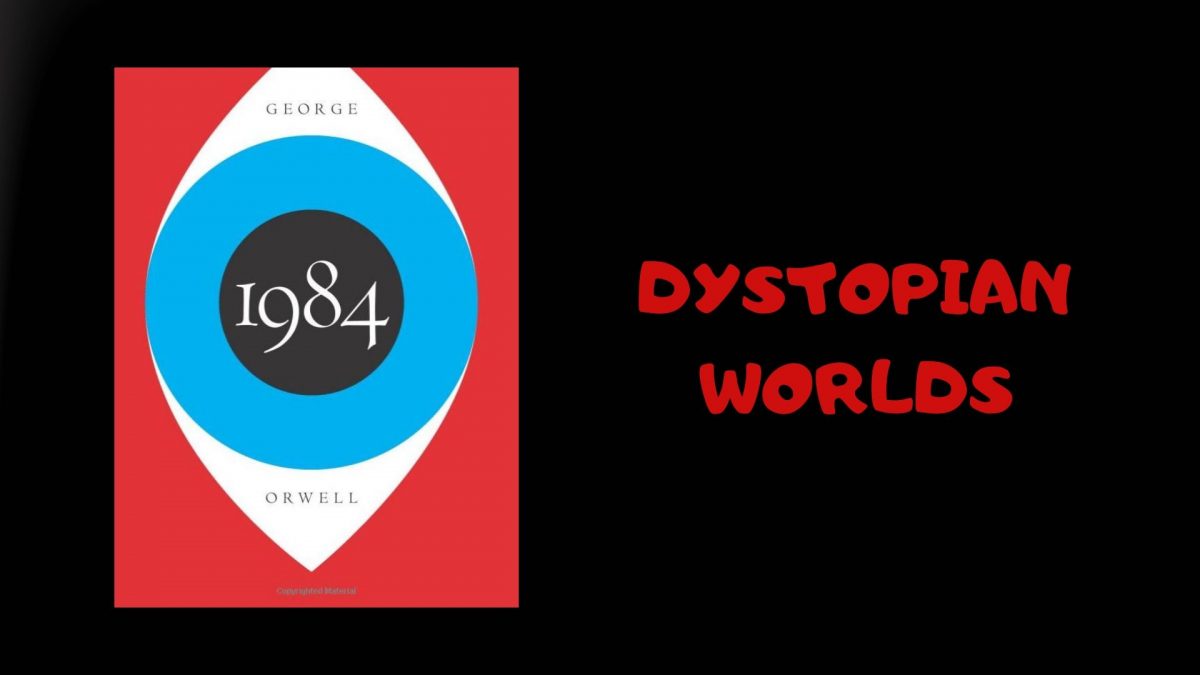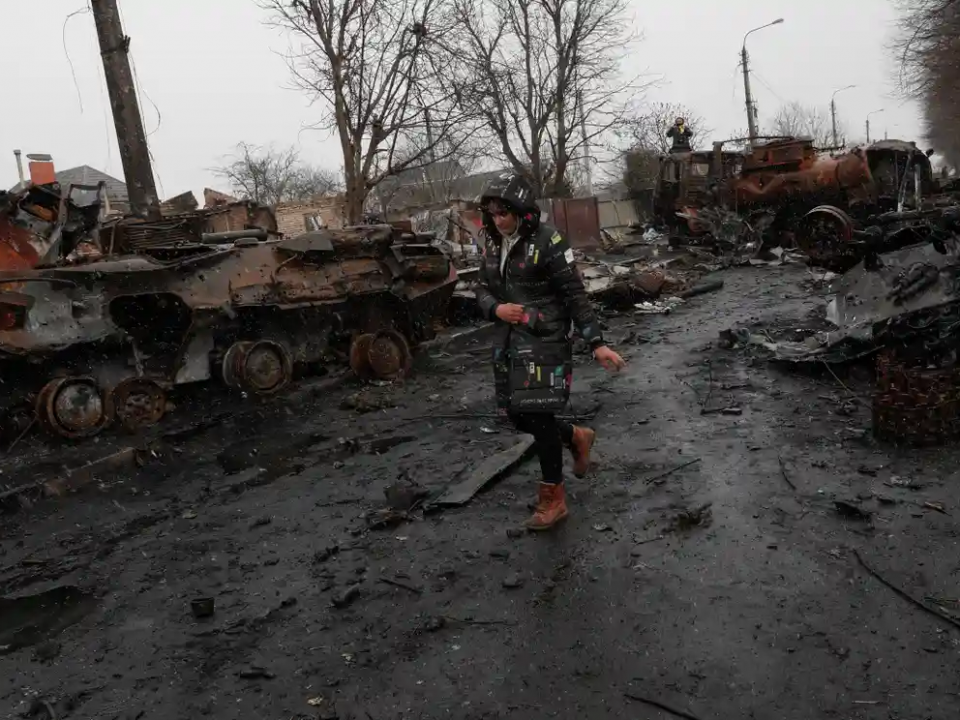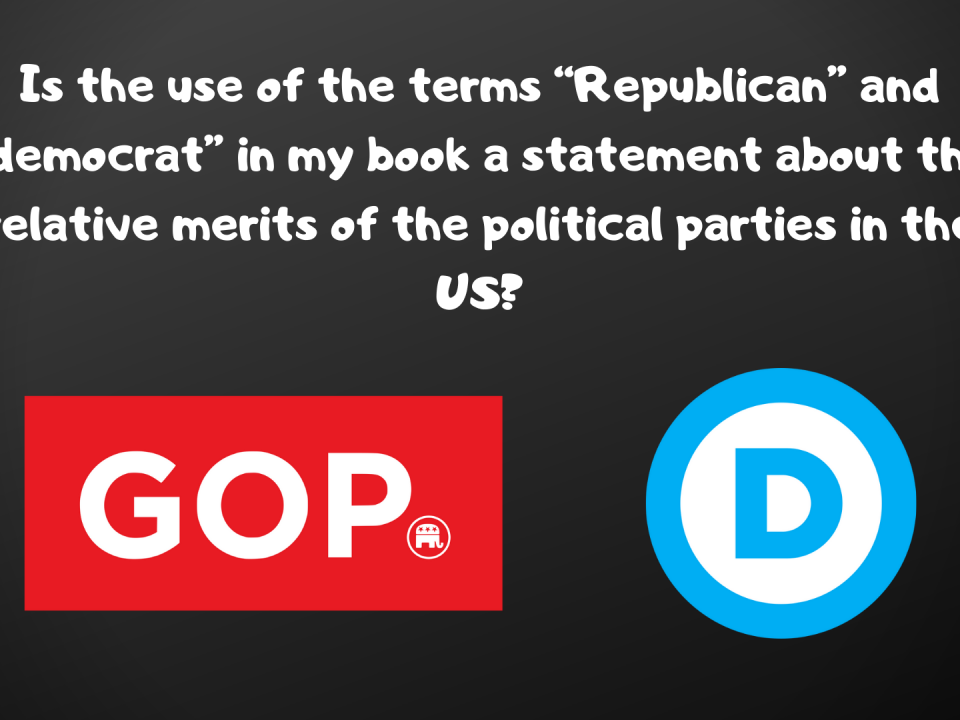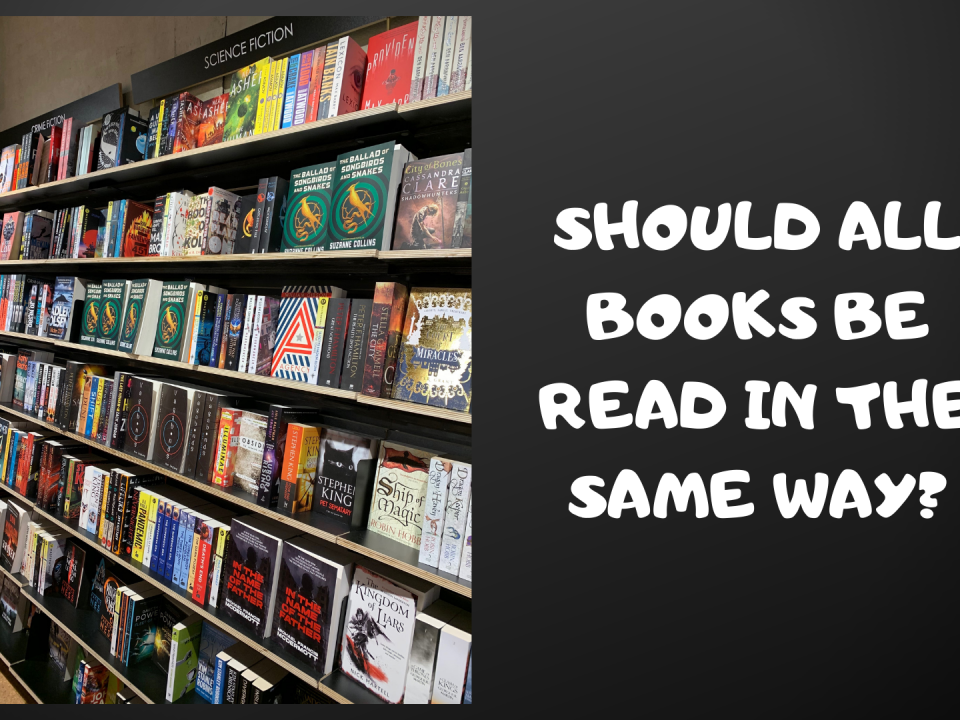
All in?
24/02/2020
Why I wrote violence into the book
13/08/2020Dystopian fiction is making a comeback.
If you look at the most popular books in the dystopian genre on Goodreads, you will find that six of the top ten are from the last ten or so years. Of the other four, three are timeless classics – Brave New World (Aldous Huxley 1932), Nineteen Eighty-Four (George Orwell 1949), and Fahrenheit 451 (Ray Bradbury 1953). Some might argue that the other book on the list, The Handmaid’s Tale (Margaret Atwood 1985) is fast becoming a classic too.
There are a couple of things about this that I find interesting.
The first is the time gap. Of the top ten novels in the dystopian genre, the publication dates were:
- 1930s-50s – 3
- 1980s – 1
- 2000s – 1
- 2010s – 5
There’re a few caveats.
Firstly, the six novels from the new millennium belong to two series – The Hunger Games (Suzanne Collins) and Divergent (Veronica Roth), so technically there are only two dystopian stories here. Yet if you scroll further down to examine the next ten novels, you will find that many of these are recent publications too.
Secondly, the two series mentioned have been made into blockbuster films. No doubt this helps boost them up the list compared to other dystopian novels.
The last caveat is that perhaps with these books being published in the internet age they are bound to find more success on Goodreads compared to dystopian books published after the timeless classics but before the internet was born.
The next interesting thing is that many of the recent top books in the genre are targeted at (and have enjoyed great success with) young adults. If ever there was an indication that the dystopian genre was on the march again, it has to be that in a world where attention spans are shortening, young people are giving their attention to dystopian stories.
In spite of the caveats, I think it’s clear that there is revitalised interest in dystopian worlds.
My favourite book continues to be George Orwell’s Nineteen Eighty-Four. In my opinion it remains unparalleled for its bold imagination and the way it ingeniously explores control, manipulation, the deceptive forms of oppression, and natural human instincts.
In the Name of the Father is obviously a dystopian book, and as a result I have tried to do my bit … Freedom, religion, democracy, division, morality … There are more on the list. I think good and topical novels ask questions of readers (without necessarily answering them). I hope that the characters, the context, and the story in my book throw out various things for readers to consider. At least, that’s the intention.
Dystopian worlds do that well. That’s the beauty (and the horror) of them.




